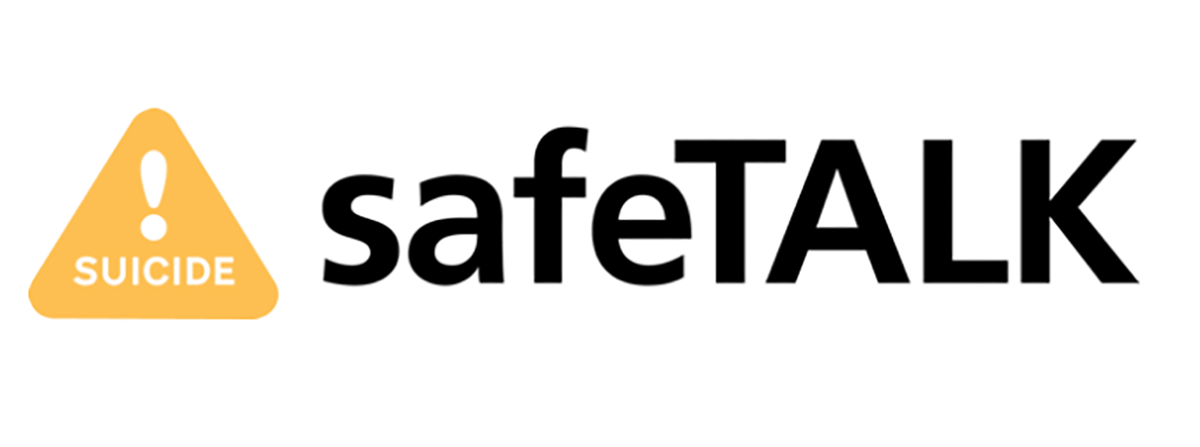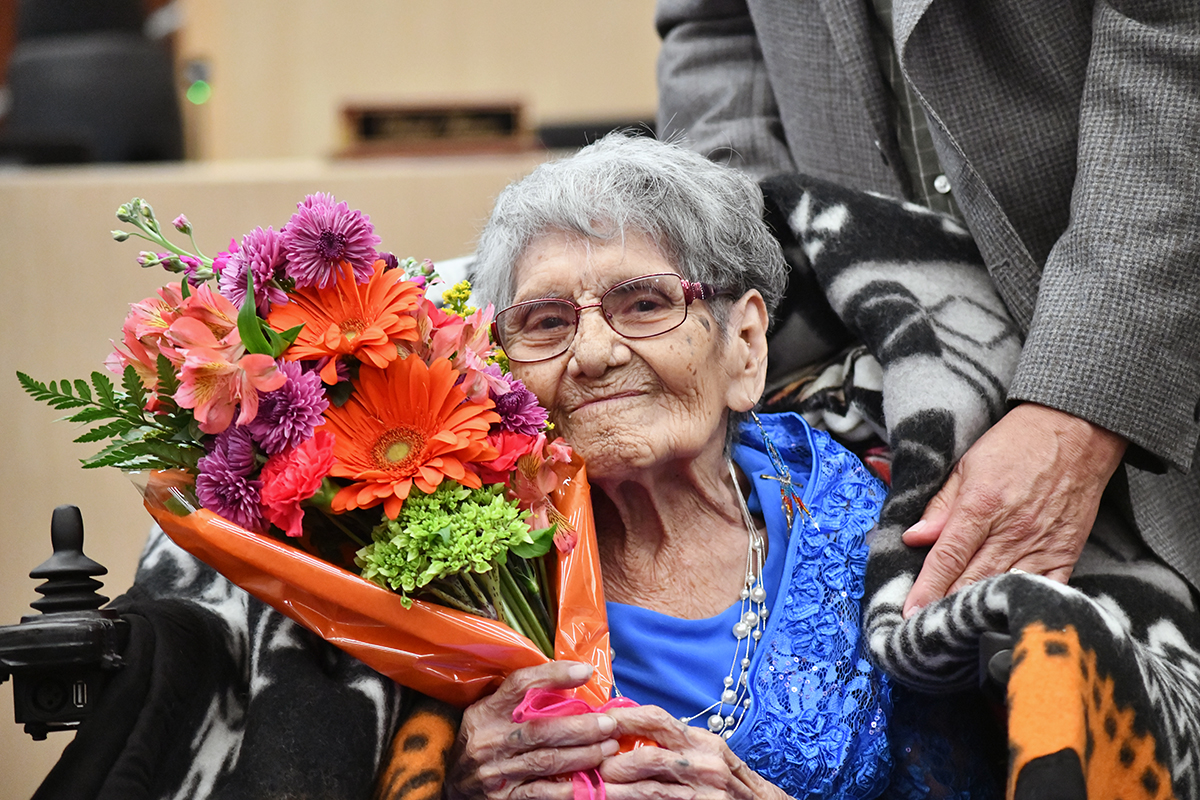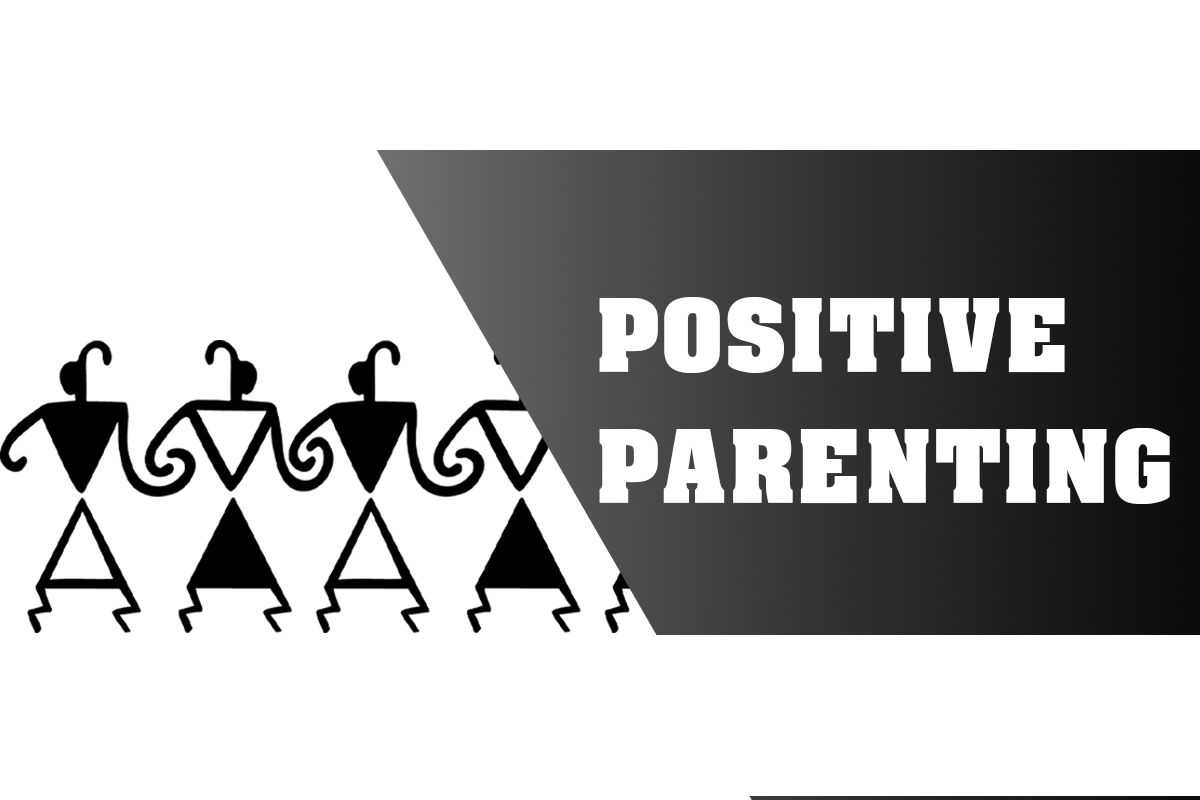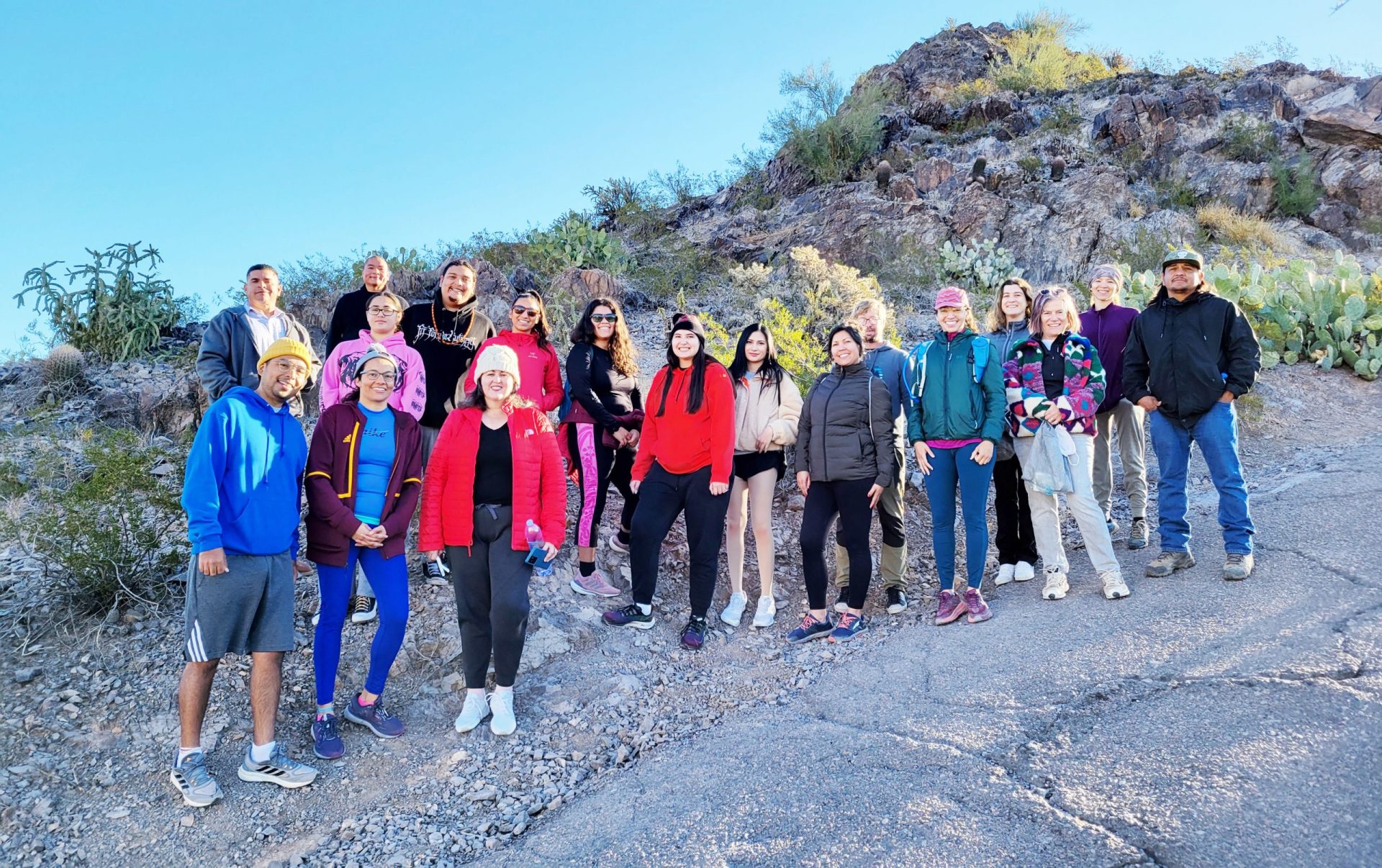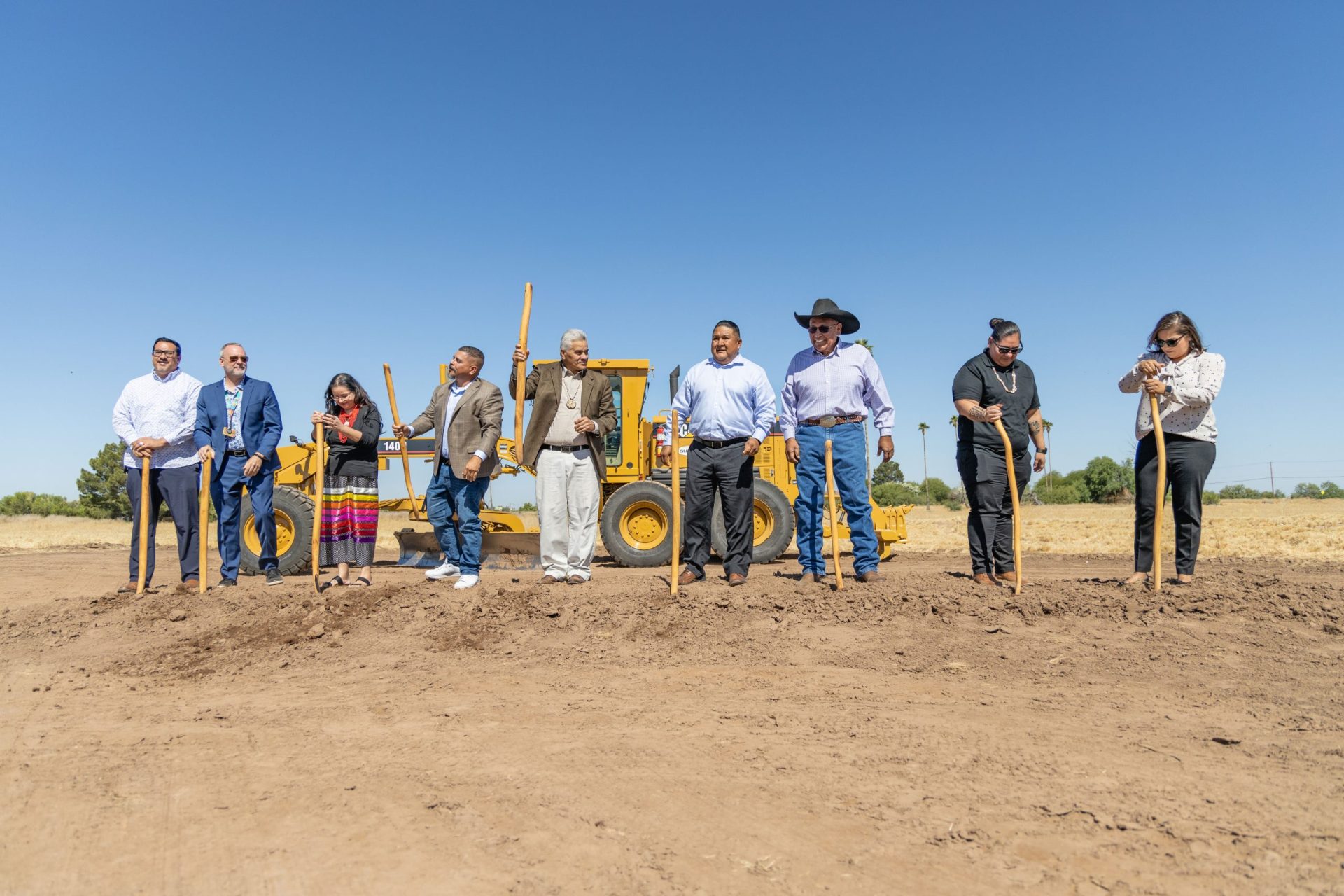VIEWS: 513
October 15, 2025SAFEtalk Training Held in SRPMIC
The Salt River Pima-Maricopa Indian Community hosted SAFEtalk suicide awareness training for Suicide Prevention Month.
Editor’s Note: This story contains sensitive subject matter that readers may find upsetting.
September is Suicide Prevention Month. To ensure that Salt River Pima-Maricopa Indian Community members and staff are supported as we all navigate our individual journeys in life, the SRPMIC hosted a SAFEtalk training session designed to educate individuals on how to be aware of and alert to any signs that someone, including themselves, might be considering suicide.
SAFEtalk stands for Suicide Alertness for Everyone (SAFE) and training individuals on how to tell, ask, listen and keep safe (talk) while they assist an individual who may be having thoughts of suicide.
It is important to understand that the SAFEtalk training is not meant to replace any professional help given by trained counselors and therapists. In fact, the SAFEtalk training is meant to bridge people from their dark thoughts, allow them to feel listened to and supported, and help to connect them with professional services.
The annual training has been a standard in the Community for the past few years as SRPMIC Health and Human Services continues to strive toward making the SRPMIC a suicide-safer community.
Community Health Educators Vurlene Notsinneh-Bowekaty and Melanie Nosie facilitated the afternoon’s training. Michelle Schurz, SRPMIC Community Outreach specialist, was also in attendance.
Because this is a sensitive topic, to ensure all guests and trainers were okay, they were required to give Schurz a thumbs-up if they needed to step out for a moment, even if it was to use the restroom or answer a quick phone call.
Notsinneh-Bowekaty shared with the group that the SAFEtalk presentation falls under the curriculum of LivingWorks, an organization that has been providing prevention and intervention solutions to communities for over four decades.
“Suicide is everyone’s business,” said Nosie. “Wouldn’t it be great if we could talk about it at home? And at work?” she asked the class.
More than 15 individuals, comprising Community members and staff, attended the training.
“Talking about suicide is not easy. It’s not comfortable. It’s taboo in some groups of people. They say, ‘Oh, we don’t talk about that’ or ‘It’s taboo to talk about death.’ There are many reasons why they’re not comfortable [talking about suicide],” said Nosie.
Contributing factors such as intergenerational trauma, economic disparities, high rates of substance abuse and exposure to trauma at an early age are some of what Indigenous communities face today.
Nosie reiterated that the SRPMIC continues to strive to be at the forefront of ensuring the health and overall well-being of the Community’s members and staff. She detailed the Community’s annual leave and sick leave policy, in addition to the latest update, the new policy which allows for staff to take a mental health day. These resources are just some examples of how the SRPMIC strives to be a more suicide-safer Community.
As the presentation neared its conclusion, Nosie shared the many different ways we all can be sensitive, caring and non-judgmental. “Pay attention to what you see, what they do, what you hear from them and the statements they make, as well as what you sense from them and learn from them about what they are dealing with.
“Always make sure the person you’re talking with feels supported and valued. If they’re having a tough time but still don’t want to talk, you can say to them, ‘If you don’t want to talk about that with me, that’s fine. Let me get you help with a counselor or therapist.’”
At the end of the presentation, attendees were given certificates stating that they are trained to assist an individual experiencing suicidal thoughts. Any staff members in the Community with the official SAFEtalk sticker can assist someone experiencing suicidal thoughts and help connect them with professionals who can give them the help they need.
Suicide Prevention Resources
- StrongHearts Native Helpline: 1-844-7NATIVE (1-844-762-8483) or 988 for suicide/crisis helpline
- National Maternal Mental Health Hotline: Call/text 1-833-TLC-MAMA (1-833-852-6262)
- The Trevor Project: 1-866-488-7386
- Crisis Text Line: Text “HOME” to 741741
- National Sexual Assault Hotline (RAINN): 1-800-799-7233
- 988 Suicide and Crisis Lifeline: Dial 988 nationwide
- River People Health Center Public Health Hotline: (480) 362-2603
- River People Health Center Patient Advocate: (480) 362-3470
- River People Health Center Crisis Line (24/7): (480) 850-9230
- SRPMIC Residential Substance Abuse Services (Social Detox, Journey to Recovery, Sober Living): (480) 362-5640
- SRPMIC Outpatient Mental Health and Substance Abuse Services: (480) 278-7742, ext. 4201

